An overview of selected new books in Szilárd Library, with a word from their authors, reviewers and publishers
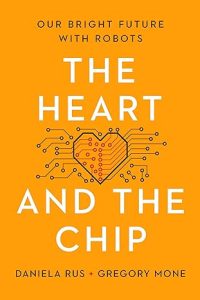
By Daniela Rus and Gregory Mone
A record 3.1 million robots are working in factories right now, and a far greater number of smart machines impact our lives in countless other ways. At once optimistic and realistic, Rus and Mone envision a world in which these technologies augment and enhance our skills and talents, both as individuals and as a species—a world in which the proliferation of robots allows us all to be more human.
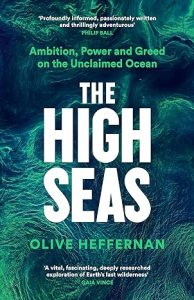
By Olive Heffernan
The ocean covers seventy per cent of the surface of our planet, and two thirds of this lie beyond national borders. Owned by all nations and no nation simultaneously, these waters are home to some of the richest and most biodiverse environments on the planet. But they are also home to exploitation on a scale that few of us can imagine. This book is a forceful and deeply researched manifesto calling for the protection and preservation of this final frontier – the last vestiges of wilderness on Earth.
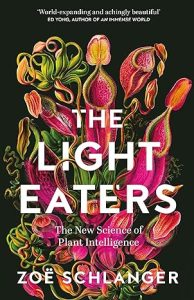
By Zoë Schlanger
The Light Eaters will completely redefine how you think about plants. Packed with the most amazing stories of the life of plants it will open your eyes to the extraordinary green life forms we share the planet with. Is the only real difference between animals and plants that plants are light eaters, animals aren’t?

By Sarah Blaffer Hrdy
In her quest to explain how men came to nurture babies, Hrdy travels back through millions of years of human, primate, and mammalian evolution, then back further still to the earliest vertebrates-all while taking into account recent economic and social trends and technological innovations and incorporating new findings from neuroscience, genetics, endocrinology, and more.

Edited by Lorenzo Lorusso, Michele Augusto Riva and Vittorio Alessandro Sironi
The use of neuroimaging techniques has enabled a better understanding of the neuronal mechanisms and circuits involved during an opera performance. Over the past 20 years, melodrama has increasingly been used as a therapeutic approach in various neurological and neuropsychiatric pathologies, such as depression, cognitive impairment, and even coma, and the ultimate goal is to improve therapeutic interventions in neurological diseases and professional disorders.
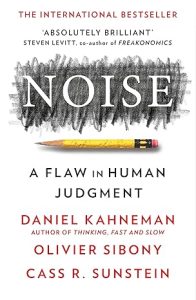
By Daniel Kahneman, Olivier Sibony, and Cass R. Sunstein
Packed with new ideas, and drawing on the sharp analysis and breadth of case study, Noise explains how and why humans are so susceptible to noise and bias in decision-making. We all make bad judgements more than we think. With a few simple remedies, this groundbreaking book explores what we can do to make better ones.
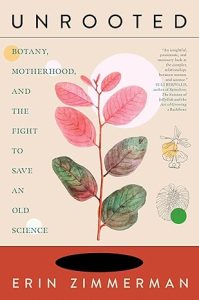
By Erin Zimmerman
Growing up in rural Ontario, Erin Zimmerman became fascinated with plants-an obsession that led to a life in academia as a professional botanist. This is a memoir about plants, about looking at the world with wonder, and about what it means to be a woman in academia-an environment that pushes out mothers and those with any outside responsibilities.
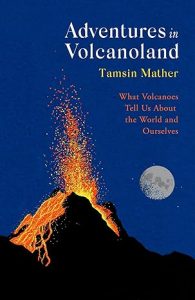
By Tamsin Mather
This book charts journeys across deserts, through jungles and up ice caps, to some of the world’s most important volcanoes, from Nicaragua to Hawaii, Santorini to Ethiopia, exploring Tamsin Mather’s obsession with these momentous geological formations, the cultural and religious roles they have played in the minds of those living around them at different times throughout history, and the science behind their formation and eruptions.







